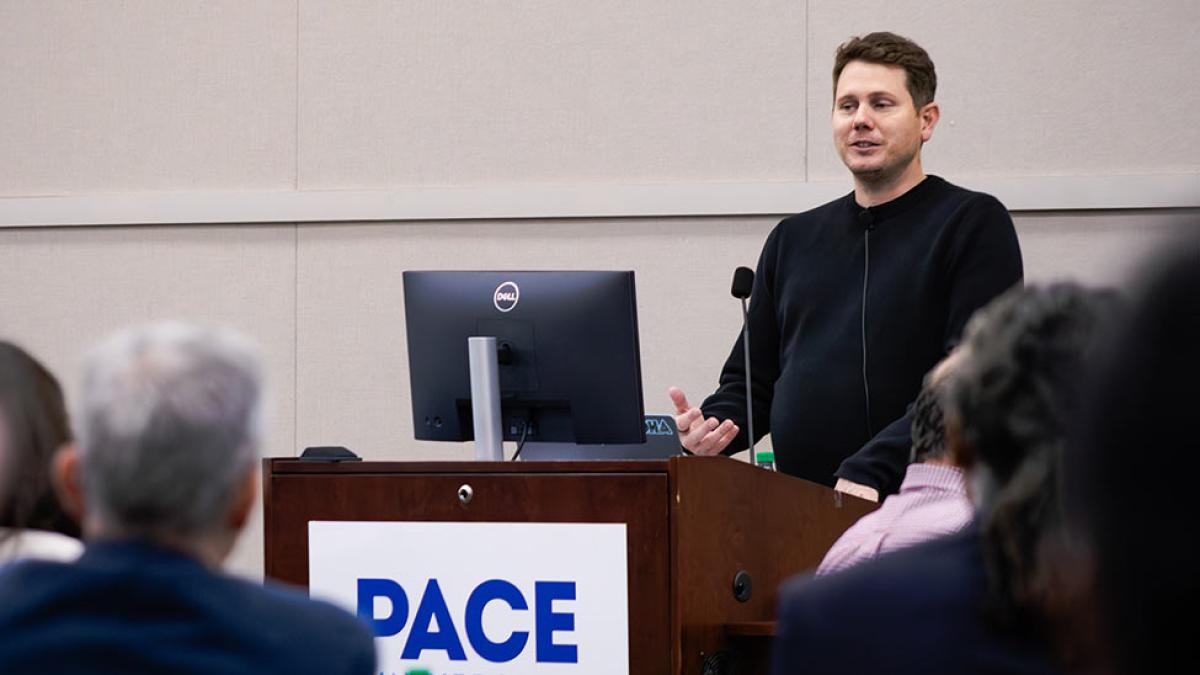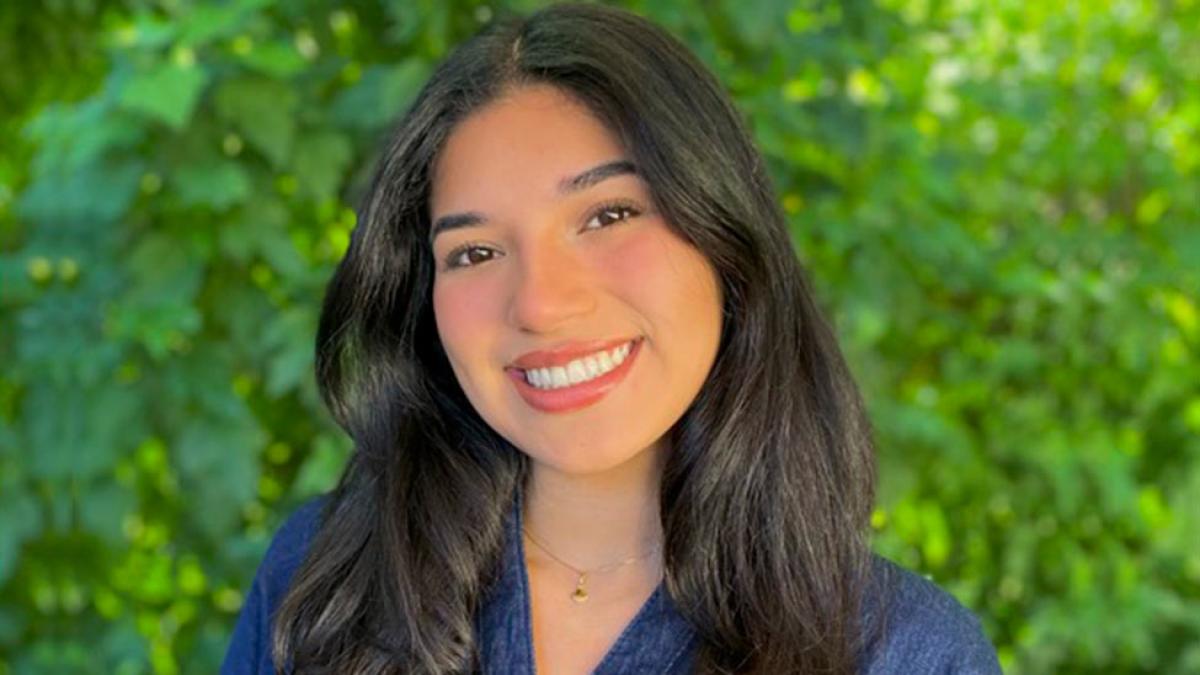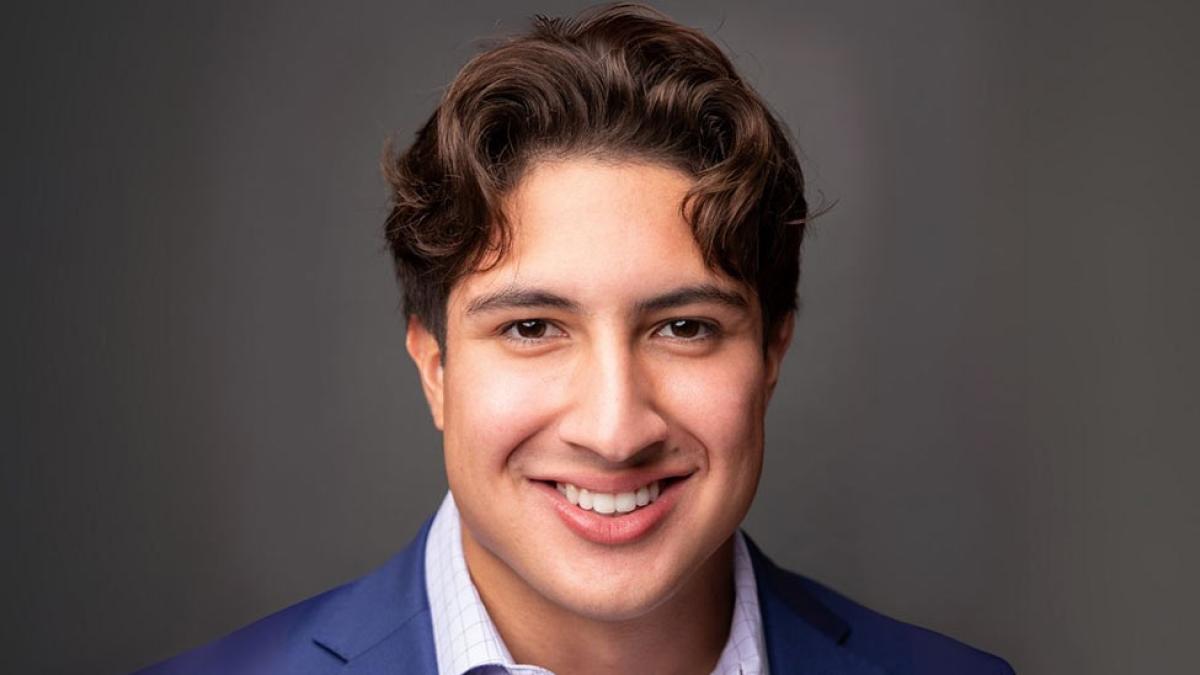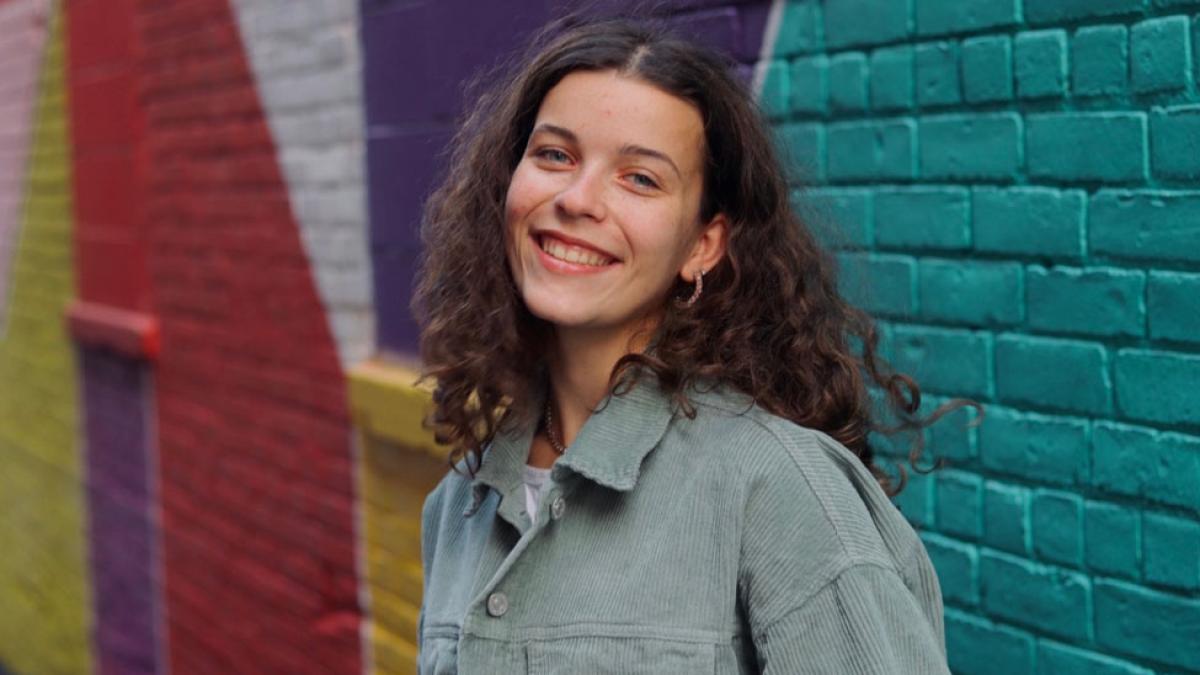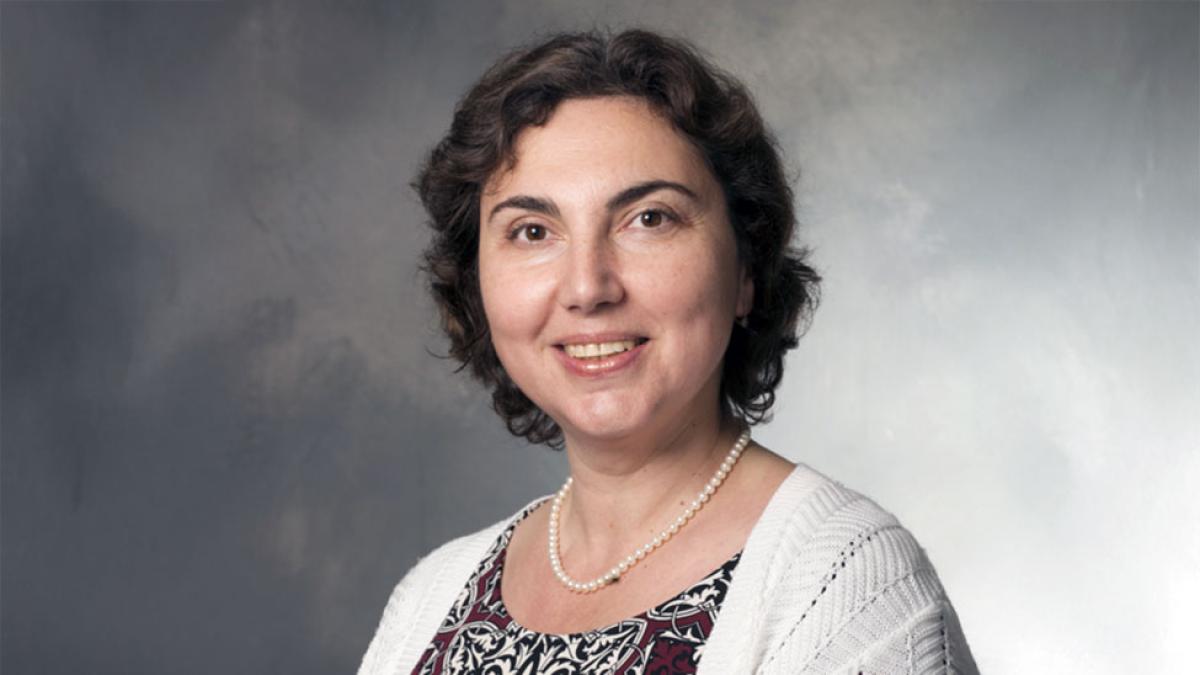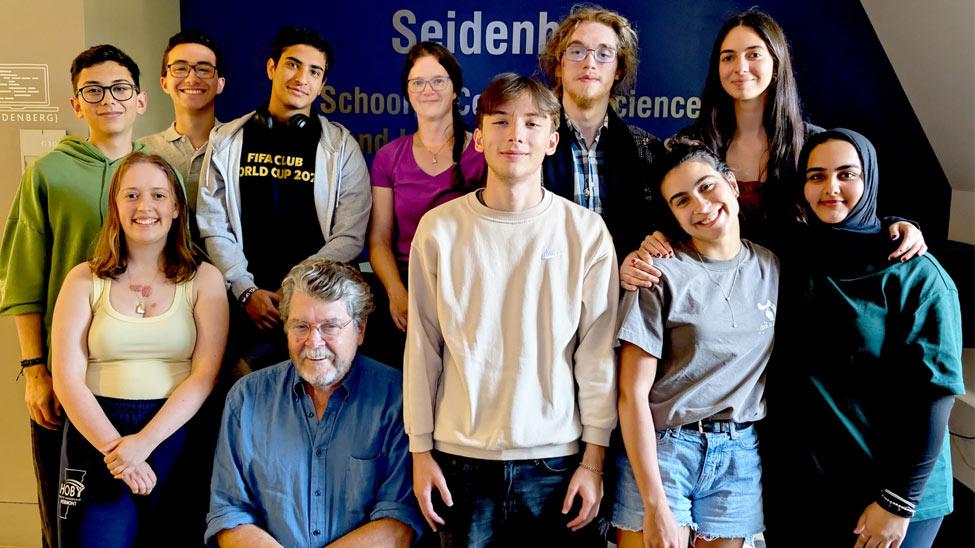
Record-Breaking Year: 34 Pace Students Named Millennium Fellows
More Pace students than ever—34 across both campuses—have been named UN Millennium Fellows, tackling the world’s biggest challenges through local action and global collaboration. From clean water to climate change, these Go-Getters are making their mark.

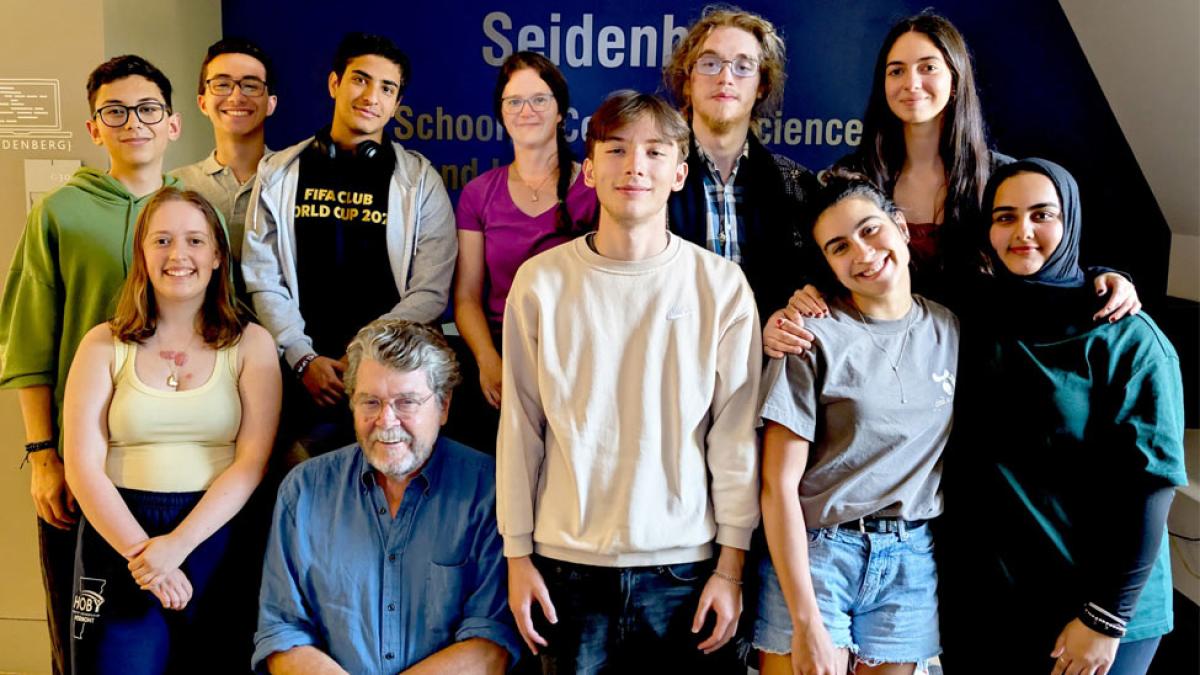
Pace University is proud to announce that a record-breaking 34 students have been selected as United Nations Academic Impact–MCN Millennium Fellows for the Class of 2025. This milestone reflects not only the strength of our student leaders, but also Pace’s growing global presence and commitment to social impact.

The Millennium Fellowship is a prestigious, semester-long leadership development program that empowers undergraduates to advance the United Nations Sustainable Development Goals (SDGs) through campus- and community-based projects. This year, more than 60,000 students from over 7,500 campuses around the world applied—and only 4 percent were accepted.
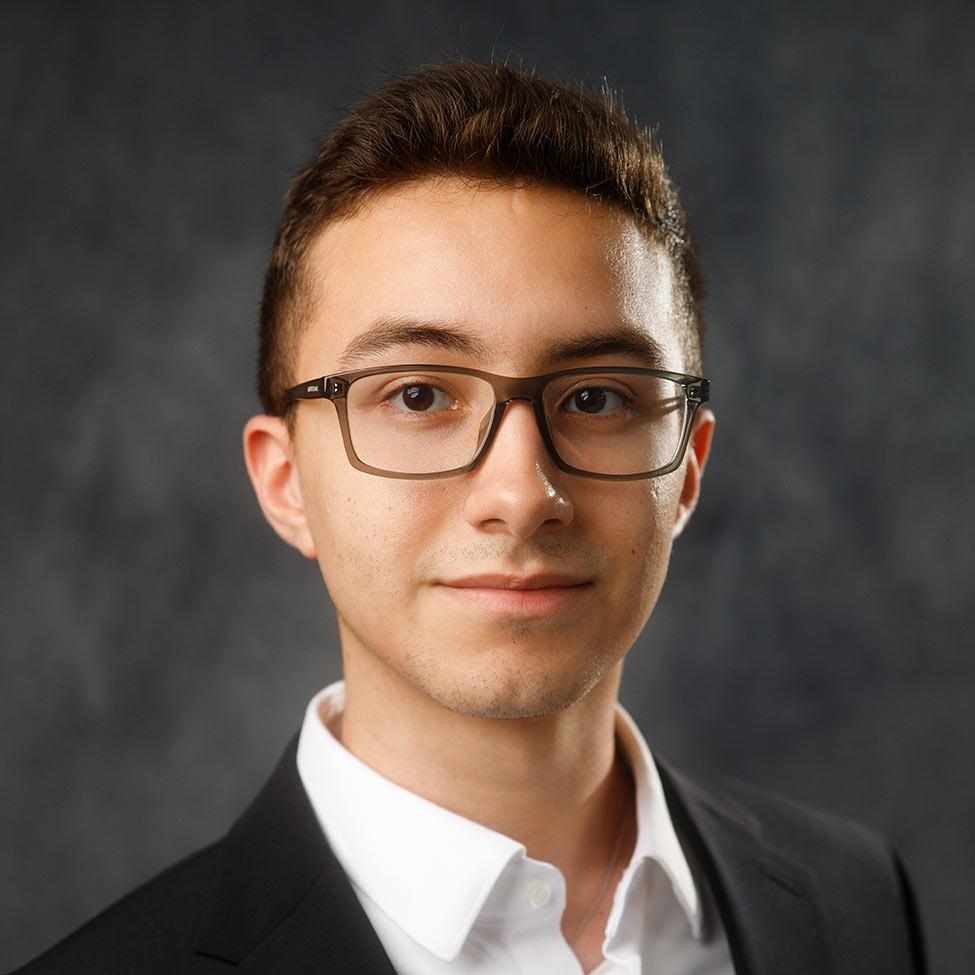
Pace’s 2025 Fellows represent the most inclusive and interdisciplinary cohort in our history, with students from Dyson College of Arts and Sciences, the Lubin School of Business, the School of Education, the Seidenberg School of Computer Science and Information Systems, and the College of Health Professions all taking part. Their projects span a wide range of pressing issues including healthcare, sustainability, equity, education, housing insecurity, and environmental justice, underscoring Pace’s continued leadership in experiential learning.
For many Fellows, the opportunity is both humbling and motivating. “I truly could not be more honored to be one of Pace’s Campus Directors for the Millennium Fellowship,” said Silas B. Gonzalez ’28. “Not only have I been able to work with Pace students to further the UN Sustainable Development Goals, but I have also been fortunate to meet change leaders from around the world! It truly is a blessing to be able to materialize and progress the change you want to see in the world.”
This year also marks a groundbreaking first: an international Millennium Fellowship team formed through a partnership between the Seidenberg School and Finland’s Häme University of Applied Sciences. This 19-member team is working on a bilateral framework for a global “right-to-know” standard regarding water quality—a vital aspect of SDG 6 (Clean Water and Sanitation). The team will present their findings at the United Nations in October, when the Finnish students travel to New York to join their Pace counterparts in person. This collaboration stands as a powerful example of student-driven innovation with global significance.
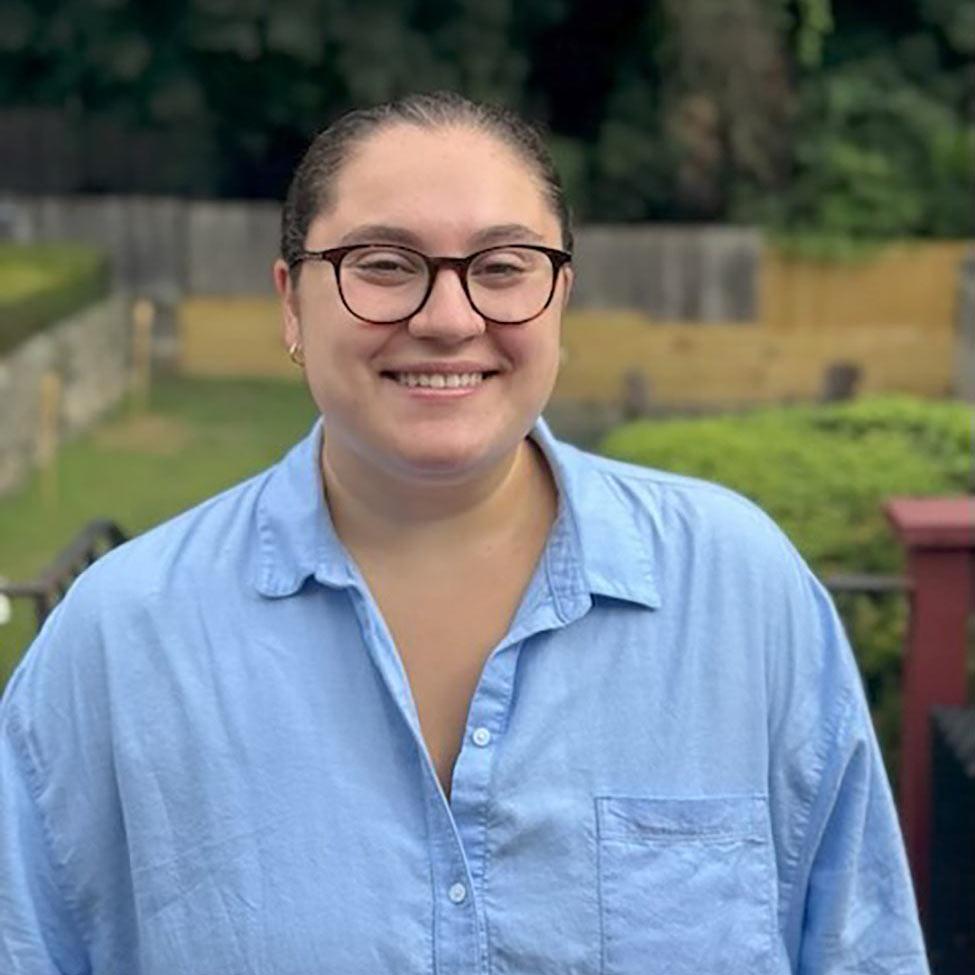
For others, the fellowship has opened doors to pursue passions and connect with peers worldwide. “It’s an honor to be a part of this fellowship!” said Samantha Sergi ’28. “I’ve had the opportunity to meet the board and other fellows across the world during the town hall meeting. I’ve also had the opportunity to continue my passion into spreading awareness about human trafficking. It’s exciting that Pace is having their largest cohort ever and I’m looking forward to meetings with members from this community!”
Even early in the program, Fellows are finding the work deeply meaningful. “This experience so far has felt really rewarding,” said Rachel Parker ’25. “Even though it is still early on, it feels great involving myself in the community and trying to make a positive impact, even if it’s in a small way.”
Together, Pace’s Millennium Fellows are not just learning—they’re leading. Their projects, collaborations, and voices reflect the University’s mission to prepare students to take on the world’s greatest challenges with courage, creativity, and conviction.
For more information about the UN Millennium Fellow program, contact Sue Maxam, PhD, at smaxam@pace.edu.
More from Pace
In speaking at Pace University’s inaugural Actionable AI Conference in Pleasantville on Friday, Charles Elliot, head of industry at Google Cloud, advised attendees that when using AI tools, they should lean into learning, focus on the end-user, and be curious about the application of evolving technologies.
Reconnect with your student and experience the best of Pace this October—from campus events and athletics to Broadway shows and local adventures in Westchester and New York City.
From City Hall to Albany, your vote shapes New York’s future. Local and state elections are happening just around the corner. From registering to vote, casting your ballot on campus, to attending fun voter engagement events, Pace University has you covered. Check out our guide to all things voting, powered by the Center for Community Action and Research and the Andrew Goodman Foundation.
October 2025: A Message from President Krislov
In his monthly message, President Marvin Krislov highlights the energy driving Pace forward this fall—from Homecoming and civic engagement to record-breaking student achievements and the first steps toward Commencement 2025.
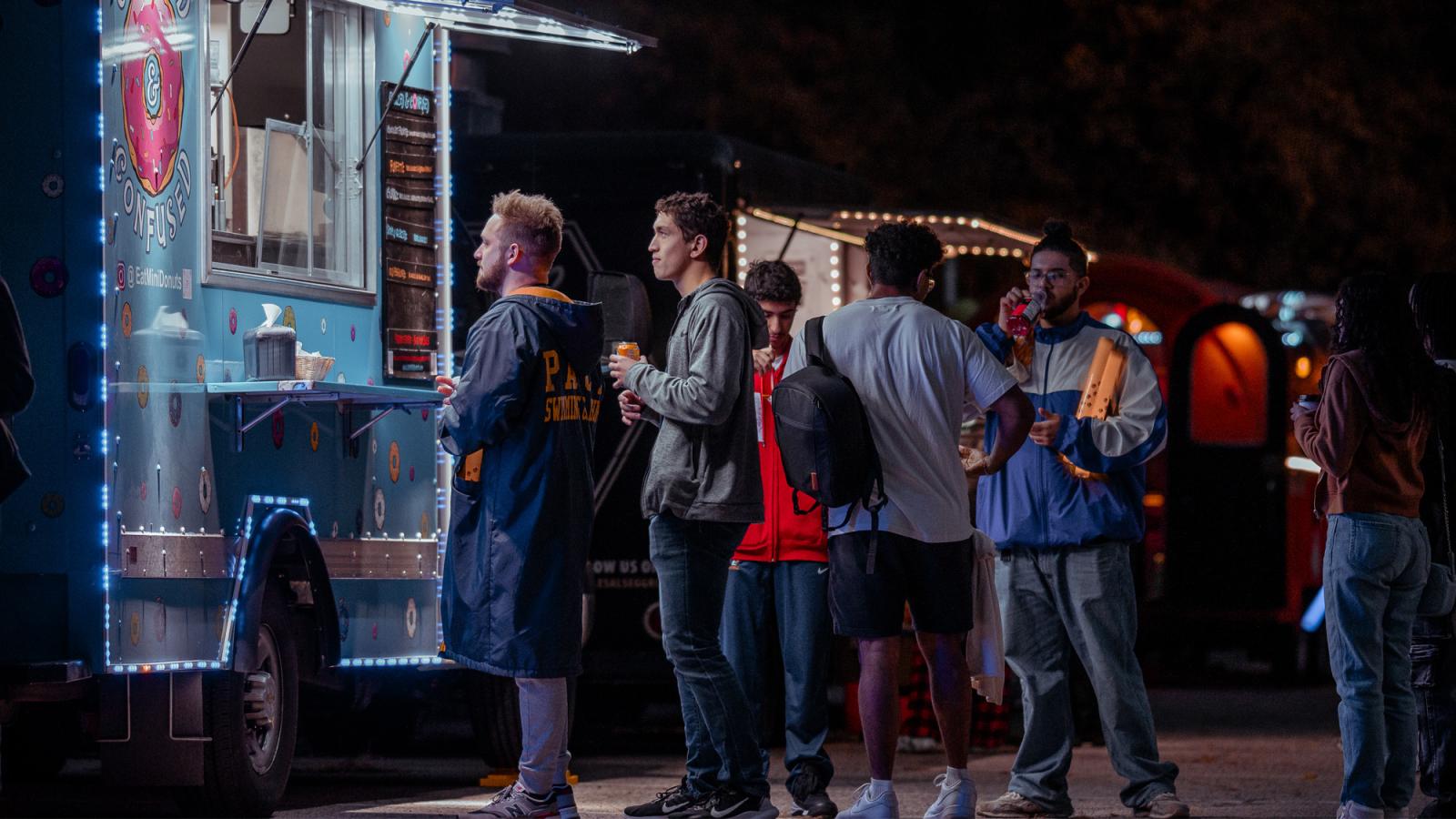
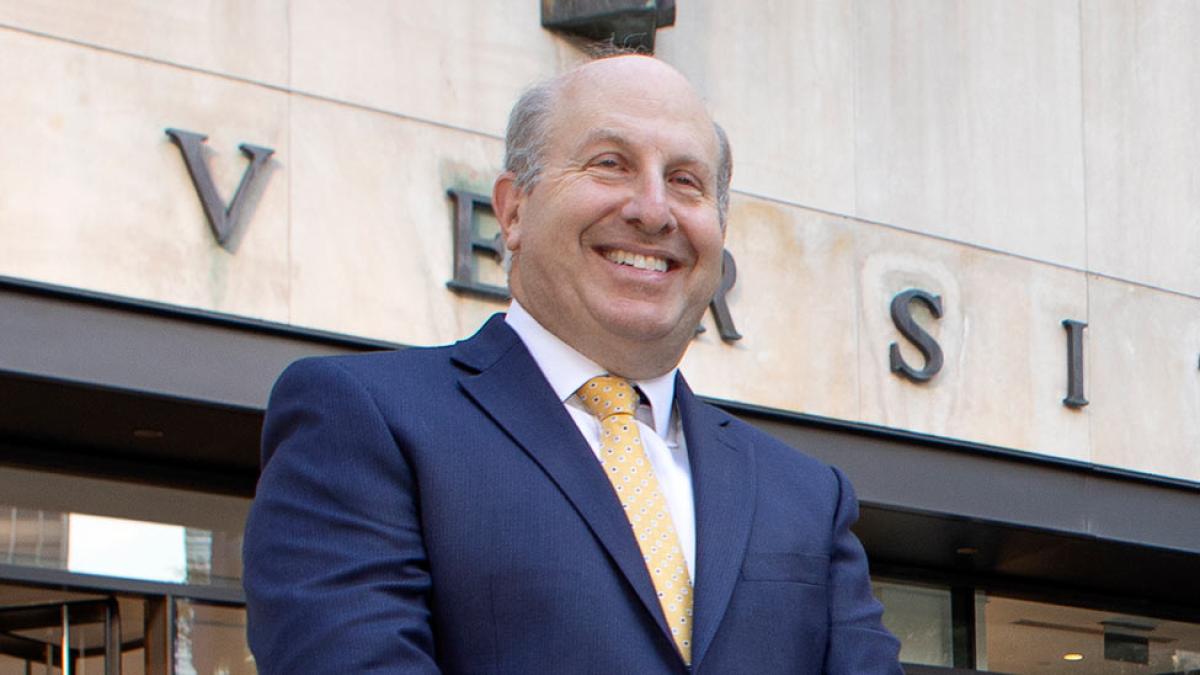
Every semester brings new opportunities to move forward.
At Pace, we don’t wait to get started. Already this fall, I’m seeing that drive in action: in our classrooms, labs, student initiatives, and community programs.
We roll up our sleeves. We get to work. And we create opportunities through research, creative exploration, civic engagement, and a deep commitment to our students and one another.
This is also a good time to reconnect. For Staff and Faculty, I hope you'll join us at one of the upcoming Community Conversations, where we’ll gather in person to reflect, listen, and keep moving forward together. We will also welcome alumni, families, and friends back to our campuses for Homecoming, a moment to celebrate our shared pride in Pace and the strength of our community.
Our commitment to civic engagement is also stronger than ever. With Pace Votes 2025, we’re making sure every member of our community has the tools and support they need to participate—from registering to vote, to casting your ballot on campus, to joining voter engagement events.
I am also proud to share that 34 Pace students have been named UN Millennium Fellows, the largest number in our history. These exceptional students are addressing global challenges through local action and embodying the Pace mission to make a difference.
Looking ahead, planning is already underway for Commencement 2025. Nominations are now open for Commencement speakers and for the Opportunitas in Action Award. These honors reflect the values of our University and celebrate those who inspire and elevate our community. I encourage you to consider leaders, changemakers, and community builders whose voices will guide and motivate the Class of 2026, and to submit your nominations.
Thank you, as always, for being part of this remarkable community. I look forward to seeing what we do next.
Warmly,
Marvin Krislov
President
More from Pace
Your Commencement isn’t just about walking the stage—it’s about celebrating the people and values that got you here. That’s why we want the Class of 2026 to help choose our Commencement speaker and the recipient of the Opportunitas in Action Award. Think of someone whose story will light up the room, inspire your classmates, and leave a lasting mark. Ready? Nominate now.
More Pace students than ever—34 across both campuses—have been named UN Millennium Fellows, tackling the world’s biggest challenges through local action and global collaboration. From clean water to climate change, these Go-Getters are making their mark.
Reconnect with your student and experience the best of Pace this October—from campus events and athletics to Broadway shows and local adventures in Westchester and New York City.
Coding My Way From India to Wall Street
At 25, Soumyadip Chatterjee ’23 began his Pace journey. By 27, he was the youngest senior software engineer on a major project at Wells Fargo. Read his story to see how he turned challenges into motivation to go further.
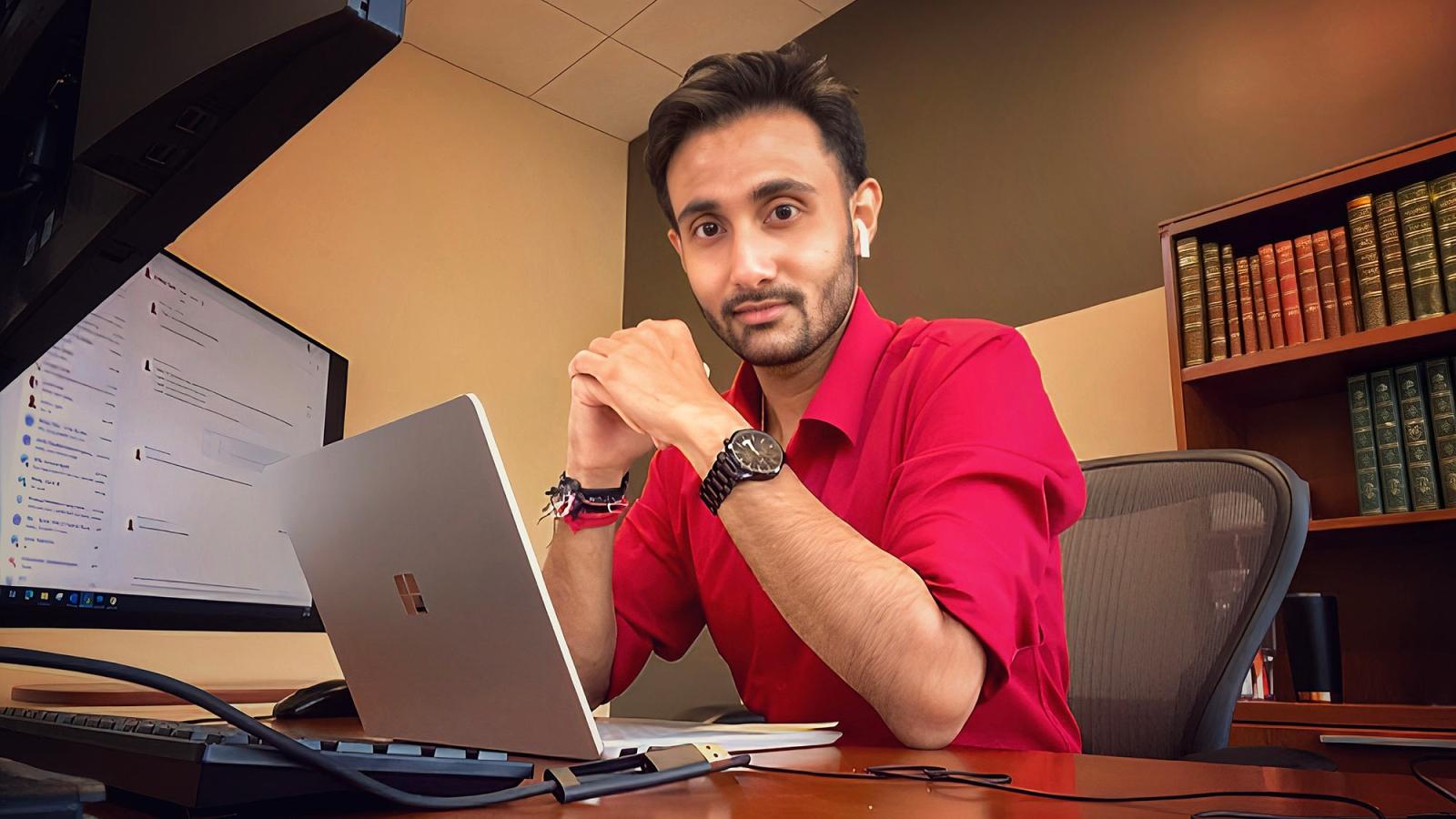
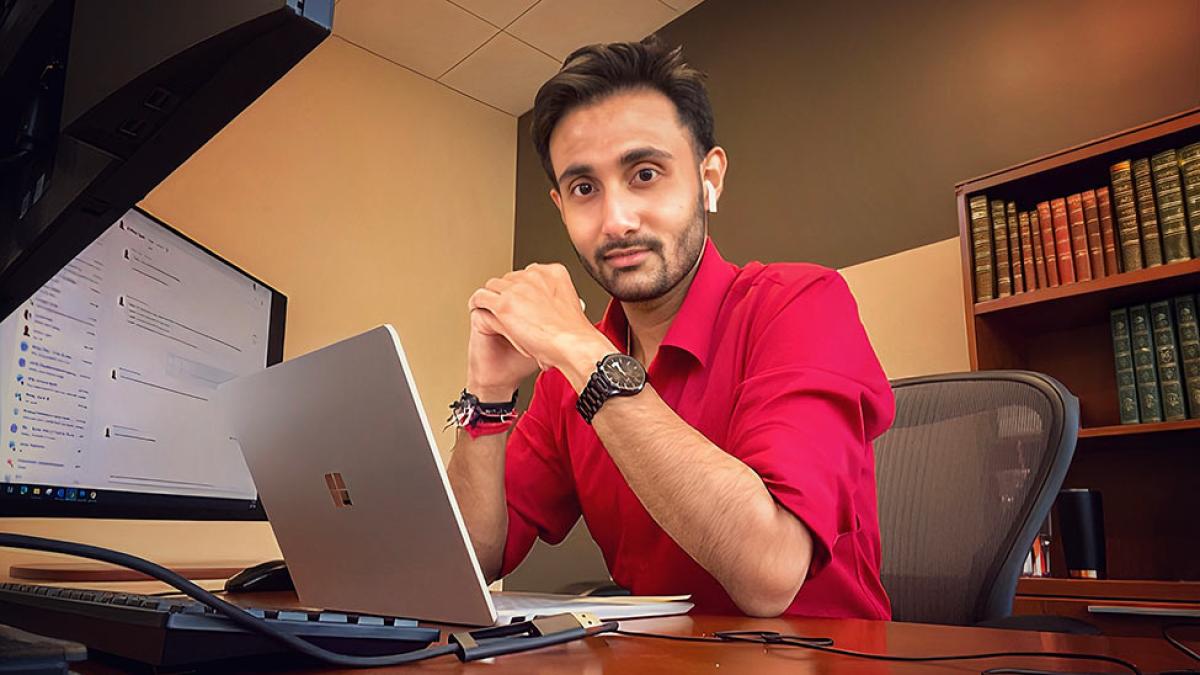
I was born and raised in Kolkata, India—a city that shaped my curiosity, drive, and ambition. From an early age, I dreamed of studying computer science in the heart of New York City. That dream came true when I was accepted into Pace University’s MS in Computer Science program, supported by a merit-based scholarship that recognized both my industry experience as a software engineer and my portfolio of national and international research publications.
At 25, I began my journey at Pace, stepping into a fast-paced and ambitious academic environment on Pace’s New York City Campus. There, I was taught by some of the finest professors in the country.
But the journey was far from easy.
At one point, I wanted to drop out. I faced immense adversity, including a months-long hospitalization. Yet I refused to give up. Drawing strength from within and encouragement from faculty, I pushed forward. One of my professors told me, “You’re already in the top 20 percent. Now step out of your comfort zone and get into the top 5 percent.” That line stayed with me.
Against the odds, I graduated early, completing my degree in May 2023.
I credit my success to thorough preparation, guidance from multiple professors, and support from Pace’s Career Services.
Immediately after graduating, I began an internship at a multimillion-dollar tech firm. But I was hungry for more. In 2024, I secured a senior software engineer role at Wells Fargo—one of the largest and most prestigious financial institutions in the United States, consistently ranked among the top banking firms by Forbes. The company serves one in three U.S. households and more than 10 percent of small businesses, with operations spanning banking, investment, and technology.
At just 27, I became the youngest senior software engineer on a major federal project within Wells Fargo. During my interview, I was told I stood out among 12 other experienced candidates. They were surprised by the depth of my answers, especially given my age. I credit my success to thorough preparation, guidance from multiple professors, and support from Pace’s Career Services.
Fear ends where learning begins.
Beyond academics and career milestones, I also stepped up as a leader. Today, I lead cross-functional teams that include professionals from different nationalities and age groups. Thanks to Pace’s International Buddy Program and its diverse community, I learned how to connect with people from all walks of life. That experience has helped me tremendously in the workplace.
I hope my story inspires aspiring engineers to take the leap. I’ve never been scared of failure, because I’ve always believed: Fear ends where learning begins.
More from Pace
Melanie Prado ’26 is making her mark at Warner Bros. Discovery—building connections, driving inclusive storytelling, planning high-impact events, and gaining real-world experience in the fast-paced world of entertainment.
From deal analysis to networking, Christian Valerio ’27 dives into private equity at Court Square, shaping his path in finance.
Meet Lubin student Leah Gaffney '22, a sales star whose leadership roles with the Brand Marketing Team, Sales Team, and American Marketing Association helped jumpstart her career.
Pace Energy and Climate Center Announces 2025–26 Executive Board
The Pace Energy and Climate Center (“PECC") is thrilled to announce the 2025–2026 Executive Board, which is comprised of three exceptional Elisabeth Haub School of Law at Pace University students committed to advancing PECC’s mission and outreach.
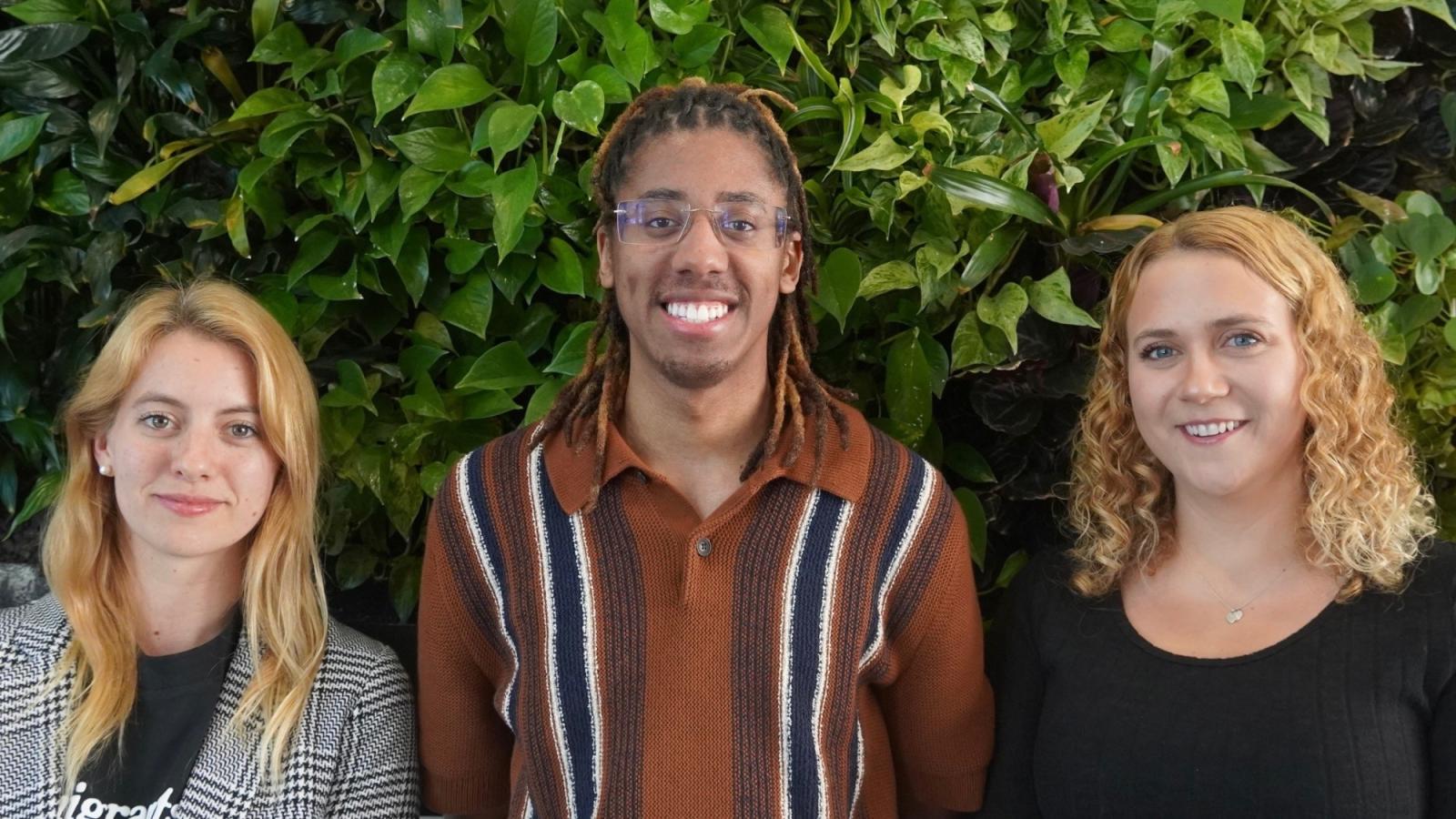
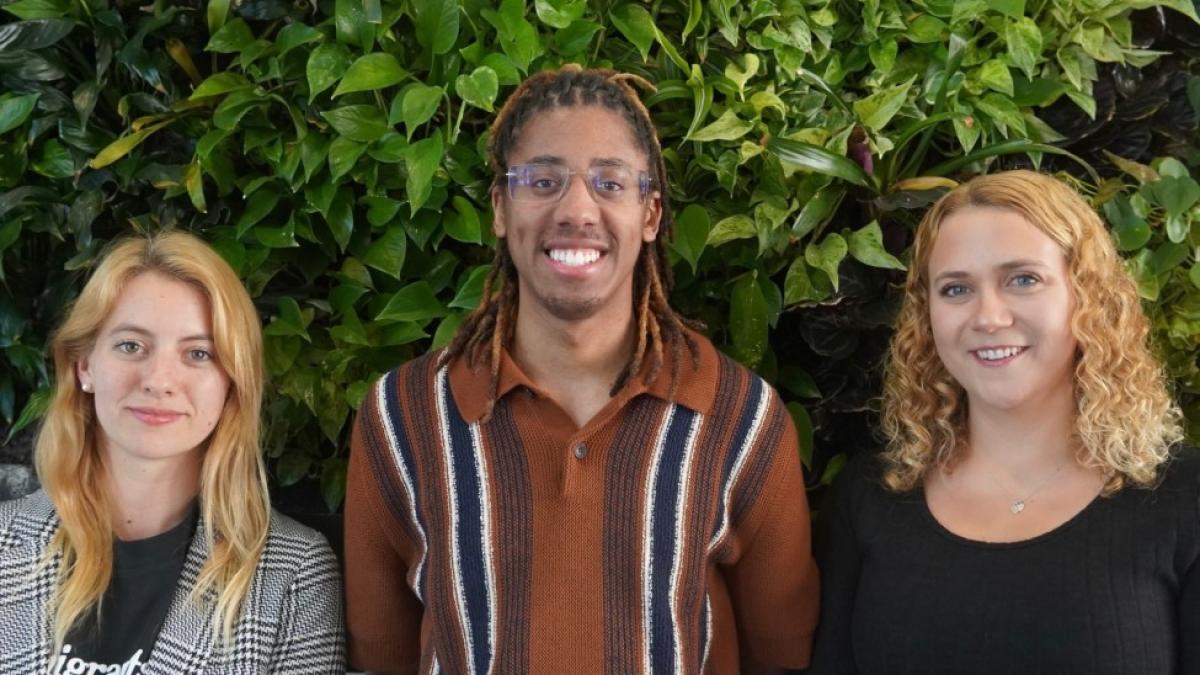
The Pace Energy and Climate Center (“PECC") is thrilled to announce the 2025–2026 Executive Board, which is comprised of three exceptional Elisabeth Haub School of Law at Pace University students committed to advancing PECC’s mission and outreach.
Frances Gothard ‘26 brings an invaluable global perspective to energy and environmental law using her background in International Studies along with her diverse experiences. At Pace Haub Law, she has served as the Co-Chair of the New Directions in Environmental Law Conference (“NDEL”) and as Vice President of the Environmental Law Society (“ELS”). Additionally, she worked as a research assistant for a collaborative law review article exploring the contours of environmental policy specifically on the legal landscapes surrounding natural resources, national parks, and national monuments. She also externed with Consolidated Edison Company of New York’s Energy and Environmental Law Department. Currently, she is practicing as a student attorney with the Food and Farm Business Law Clinic working with local small businesses and nonprofit organizations and serves as an editor for the national law journal The Urban Lawyer. Looking ahead, Frances is committed to elevating international perspectives on energy, food systems, and environmental policy to shape energy and climate law and advance equitable and sustainable energy and climate solutions.
Carington Lowe ‘26 has a background in science and brings an interdisciplinary approach to energy and environmental law. At Pace Haub Law, she serves as Co-Editor-in-Chief of the Pace Environmental Law Review, completed an externship with the Land Use Law Center, practiced as a student attorney in the Food and Farm Business Law Clinic, contributed as a research assistant on climate-conscious affordable housing, and serves as a Sustainable Business Law Hub Scholar. These experiences have shaped her commitment to advancing renewable energy transitions. Looking forward, Carington’s focus is on biofuel, nuclear energy, and identifying climate harm, with the goal of bridging science, technology, and policy to build a more equitable and sustainable energy future.
Kenneth Sumter ’26 is a creative professional driven by a deep passion for renewable energy. With a unique eye for design and storytelling, he channels his creativity into advancing clean energy solutions that connect people, places, and purpose. At PECC, his research this academic year focuses on reimagining urban battery storage to build a sustainable infrastructure dedicated to creating resilient cities and making affordable, reliable energy a reality for urban neighborhoods.
Under new leadership from its Executive Director Michael Hamersky and the ongoing expertise of Energy Policy Advisor Emma Lagle, PECC is driving innovative energy and environmental initiatives to tackle the planet’s most pressing climate and energy challenges. Student involvement is at the core of PECC, which is committed to an open-door policy that encourages all Pace Haub Law students to engage with the Center by getting involved in projects that spark their interest. Students will also be selected to serve as the Center's Energy and Climate Law Scholars and contribute to research, legal scholarship, and hands-on projects across the diverse initiatives of PECC. The Energy and Climate Law Scholars also have the opportunity to have their writing featured in the Center's newsletter: R.E.A.C.T. by PECC.
PECC also hosts student interns and externs, including Mercè Martí I Exposito LLM ‘26, Joseph Mayson LLM ‘26, and Clara Cusanelli ‘27, who are assisting with PECC’s innovative work on thermal energy networks, research related to sustainable biofuels, and international issues that PECC will address at IUCN and COP30.
Commencement 2026: Speaker Nominations
Your Commencement isn’t just about walking the stage—it’s about celebrating the people and values that got you here. That’s why we want the Class of 2026 to help choose our Commencement speaker and the recipient of the Opportunitas in Action Award. Think of someone whose story will light up the room, inspire your classmates, and leave a lasting mark. Ready? Nominate now.
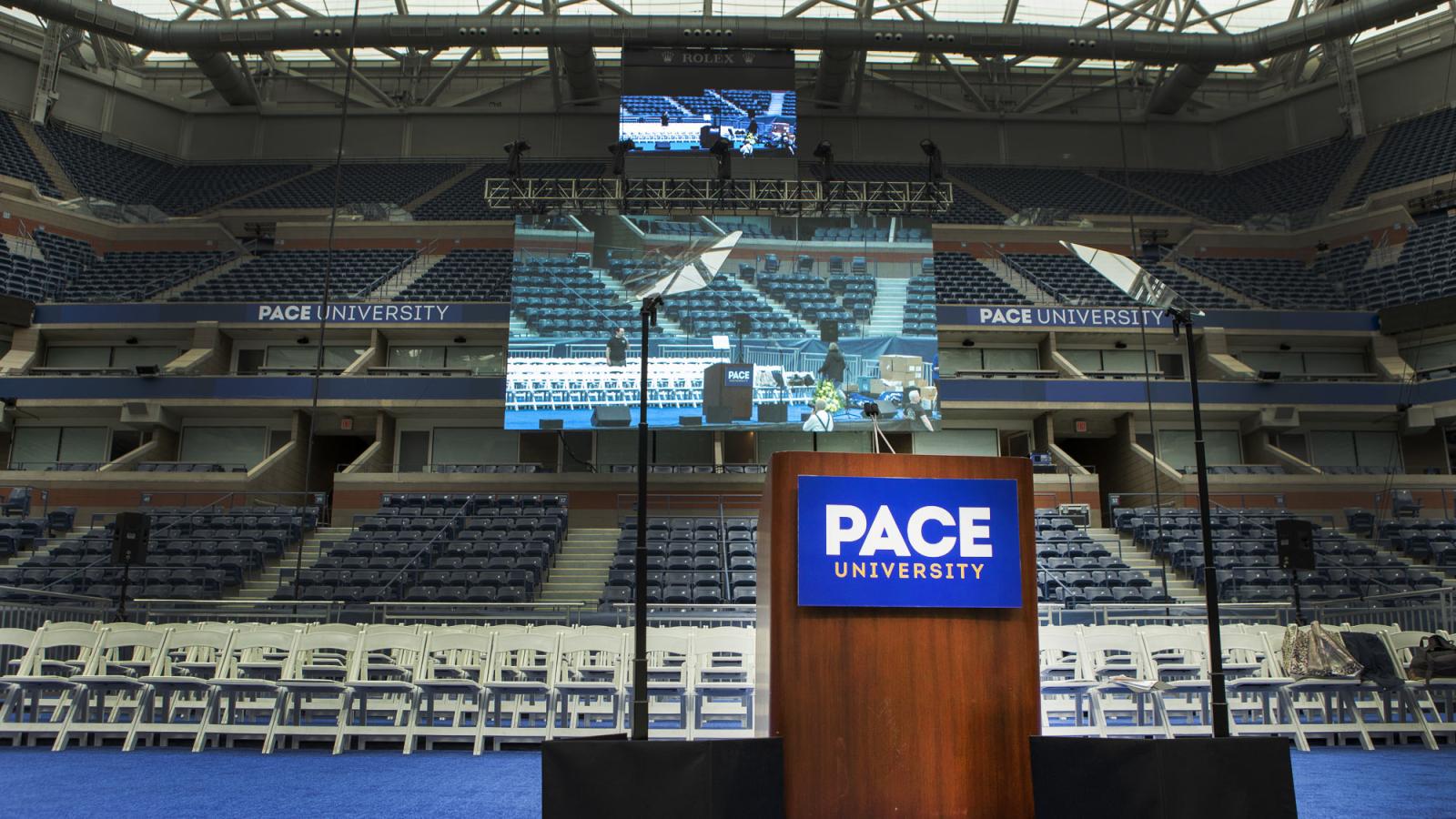
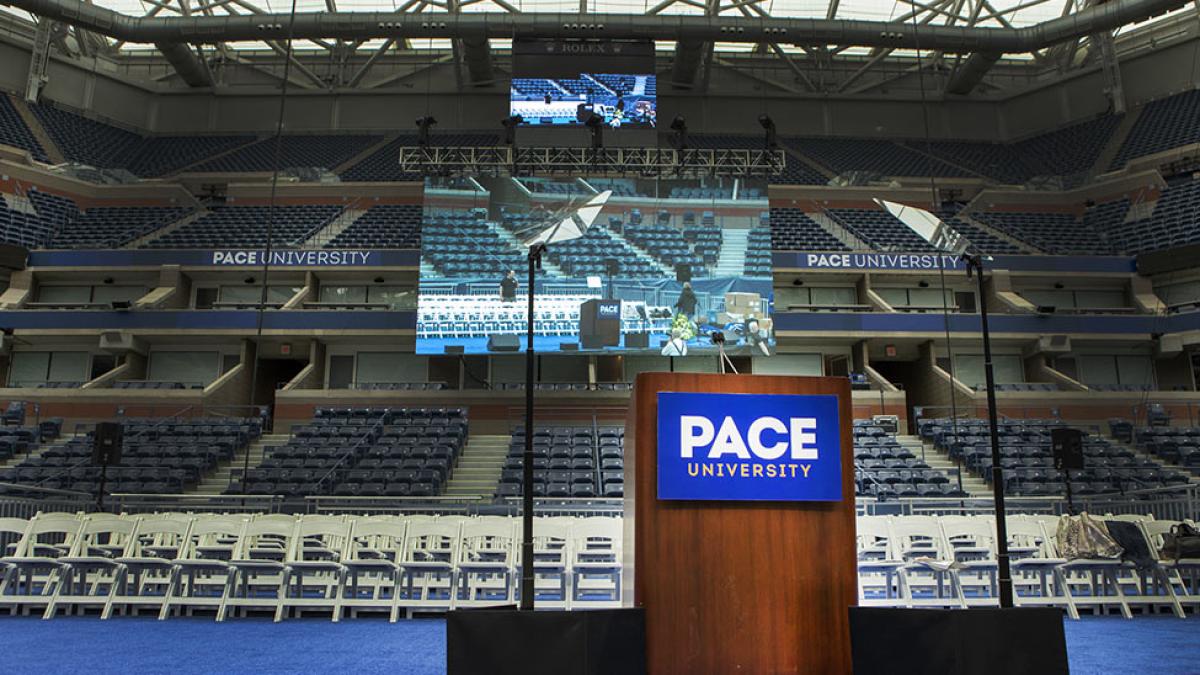
Pace University’s motto, Opportunitas, inspires us to recognize those who create opportunity for others and to celebrate the individuals who embody our community’s values. This year, you have two ways to take part in these traditions: by nominating an inspiring voice for Commencement 2026 and by honoring a changemaker with the Opportunitas in Action Award.
Commencement Speaker and Honorary Degree Nominations
Who will address the Class of 2026? You tell us.
Each year, Pace invites nominations for honorary degree recipients—leaders who exemplify the University’s values and aspirations, bring distinction to Pace, and help make Commencement unforgettable. Selected honorees may:
- Deliver the keynote at the main ceremony,
- Address a school or college ceremony, or
- Be recognized without giving a speech.
All honorees will receive an honorary doctorate—the highest recognition Pace University can bestow.
What We’re Looking For
- Inspiring stories and passions that reflect Pace’s mission of Opportunitas
- Connections to the Pace community or alignment with causes the University represents
- Leaders who will resonate with graduates and enrich their Commencement experience
- Nominees based near New York City or with reason to be here around Commencement
Nominations will be reviewed by the Commencement Speaker Advisory Committee, co-chaired by Jeff Barnett, PhD, Vice President for Student Affairs and Dean for Students, and Joe Sgammato, Director of Executive Communications. The committee includes representatives from our student body, staff, and faculty.
Nomination deadline: Friday, October 17, 2025
Opportunitas in Action Award
Bestowed by the President of Pace University, the Opportunitas in Action Award honors a leader who has been an innovative thinker and has made positive contributions to the community in the spirit of Opportunitas.
Eligibility
- Alumni, employees, current students, or friends of Pace University
- Organizations or businesses that are friends of Pace
- Demonstrated commitment to improving communities through professional or volunteer service, philanthropy, or advocacy
- Must be able to participate in the Commencement ceremony at which the award will be presented
- Nominations may be submitted in writing by any alumnus, employee, student, trustee, or friend of Pace
Nomination deadline: Wednesday, November 12, 2025
More from Pace
More Pace students than ever—34 across both campuses—have been named UN Millennium Fellows, tackling the world’s biggest challenges through local action and global collaboration. From clean water to climate change, these Go-Getters are making their mark.
Reconnect with your student and experience the best of Pace this October—from campus events and athletics to Broadway shows and local adventures in Westchester and New York City.
For Anna Shostya, PhD, economics is more than numbers—it’s a tool to inspire change, connect students to the world, and build life-long skills.
The Workforce Is Shrinking. Higher Education Must Step Up.
Pace President Marvin Krislov writes a piece in Forbes calling on higher education to help close the nation’s growing workforce gap. He highlights Pace’s leadership in experiential learning—pointing to 9,000+ student internships and career-readiness programs as a model for preparing graduates to meet labor market demands in fields like health care, education, and management.
Bakery, Drivers in Tussle Over Transport Worker Arbitration Rule
Elisabeth Haub School of Law Professor Imre Szalai provides a legal analysis to Bloomberg Law on a closely watched case testing whether bakery delivery drivers qualify for the Federal Arbitration Act’s transportation worker exemption, which would allow them to bring wage-and-hour claims in court instead of being required to arbitrate. Professor Szalai opined that the Second Circuit could “create an exception of very limited scope” for similar delivery drivers.
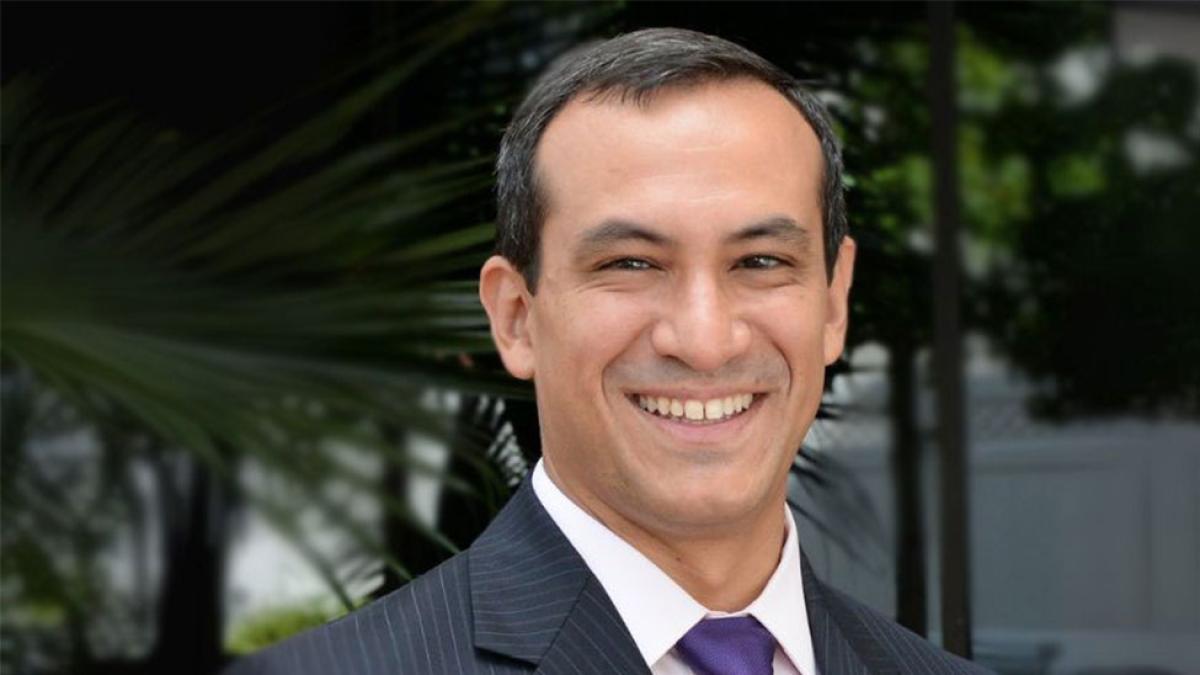
'Hybrid Creep' Is Spreading As More Companies Tighten RTO Rules
Lubin Professor Andrew Coggins speaks to Business Insider about the implications of stricter return-to-office (RTO) mandates. He notes that pushing for full in-person workweeks—even in a cautious job market—may still lead to attrition among employees who have caregiving responsibilities.
Trump’s Independent Agency Girings Bombard Supreme Court
Haub Law Professor Bennett Gershman provides expert commentary to The Hill on the Supreme Court case over President Trump’s dismissal of independent agency officials. Gershman explains how the outcome could significantly expand presidential authority and weaken oversight protections.
Trump’s Words Could Trip Up Any Prosecutions Against Political Foes
In Roll Call, Professor Gershman further cautions that President Trump’s own public calls for prosecution could backfire legally, providing potential evidence for claims of selective enforcement in any future cases involving political opponents— and Union-Bulletin has the story.
